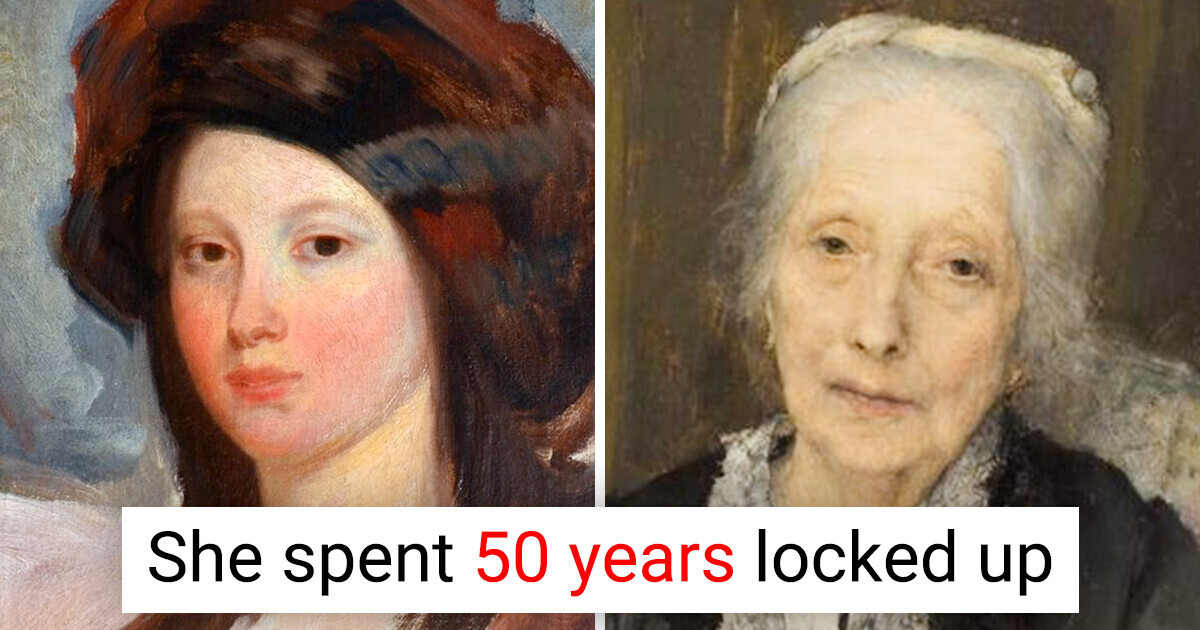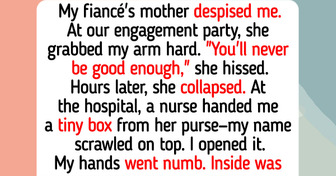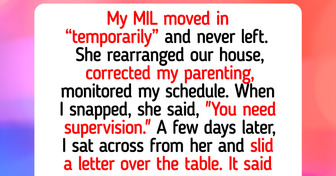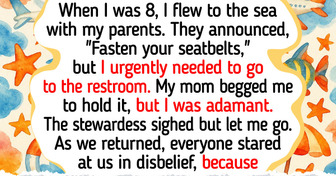I Refuse to Let My Daughter Treat My Home Like Her Business, I’m Not Her Personal Maid


Victor Hugo, a renowned French classic writer, is celebrated for creating numerous timeless novels. Interestingly, one of the earliest readers of Hugo’s novels was his beloved Juliette Drouet. Remarkably, she spent 50 years meticulously transcribing his manuscripts, despite facing financial constraints that prevented her from affording even a new dress.
Their paths crossed at a reading of one of his novels, where Juliette, then 27, played a minor role. Little did they know, a love story was unfolding, one that would bring them boundless joy, the pain of betrayal, and profound disappointment. “The day when a woman who passes in front of you and gives off light as she walks, you are lost; you are in love. There is only one thing to do: think of her so intently that she is forced to think of you,” Hugo once mused about Juliette.
Juliette, born Julienne Josephine Gauvain, faced a challenging early life. Orphaned by her mother a few months after birth and her father a year later, she was raised by her uncle. Her journey into literature and poetry led her to sculptor James Pradier around 1825, resulting in the birth of their daughter, Claire. However, he chose not to marry her due to his beliefs against marrying models. In 1829, Juliette embarked on her career as an actress and lived a lavish life as a courtesan.
Hugo was smitten by his newfound companion, although he grappled with one aspect: his chosen partner wasn’t a saint. She relied on money from affluent patrons as her sole source of income, indulging herself with the earnings. But having willingly entered this unconventional relationship, Juliette later had to bid farewell to the theater, abandon her role as a kept woman, and confront the harshness of poverty.
Hugo, despite his wealth and influence, initially didn’t financially support Juliette. He held the view that sponsoring her would tarnish his reputation, as he had a disdain for such arrangements. Additionally, he imposed strict rules on Juliette, forbidding her from interacting with others or leaving home without his consent. At the same time, Hugo remained married to another woman and had no intention of leaving his family. Surprisingly, he didn’t intend to end his relationship with Juliette either. Instead, he proposed that she work as his secretary, responsible for rewriting all of his manuscripts.
Fueled by jealousy, Hugo’s love sometimes manifested as possessiveness, and he behaved as if he owned Juliette. Juliette didn’t resist this and was prepared to devote herself entirely to her beloved. Meanwhile, Juliette struggled to make ends meet, often resorting to pawning her belongings due to constant harassment from creditors. Because of her financial constraints, she frequently refrained from lighting a fire in her fireplace and, during particularly cold days, remained in bed all day. Hugo, on the other hand, did not allow Juliette to make any new purchases.
Hugo allowed Juliette to love him, but he never forgot about his wife. At the peak of his love story with Juliette, he wrote to his wife Adele, “A few more days, and then I shall embrace you, my Adele. I hope by the 1st of November I shall have that happiness.” Every letter overflowed with affectionate words for his wife and family.
While Hugo lived a luxurious public life, Juliette was kept away from it. She was only allowed to accompany the famous writer when he visited someone, and even then, she waited for him patiently, feeling like an outcast. In one of her letters to him, Juliette expressed her feelings, saying, “Thanks to you for treating me like a vagrant do.”
During her 10 years of voluntary seclusion, Juliette’s beauty faded away in her own eyes. She believed she had turned into an unattractive woman. However, she continued to praise Hugo and even remarked that he hadn’t aged a day and still possessed all his charming features.
Hugo, on the other hand, was well-known for his love of parties. He hosted dinners with around 30 people almost every night. His signature party trick involved stuffing an entire orange into his mouth and then filling his cheeks with as many lumps of sugar as possible. Afterward, he would mix it all up in his mouth and gulp down two glasses of kirsch before swallowing everything.
Hugo was entangled in relationships with many women. Some estimates suggest that the writer had over 200 lovers in just a span of 2 years. He could spend a morning with an easy-going woman, an afternoon with a popular dancer, and an evening with a noblewoman from high society. But, Juliette’s love for him remained unwavering. She was battling cancer, realizing that her life was drawing to a close, but seldom spoke about it.
Juliette lived a lengthy yet sorrowful life, passing away at the age of 77. The writer, however, didn’t attend her funeral due to concerns about public perception. “She saved my life in December 1851. For me she underwent exile. Never has her soul forsaken mine. Let those who have loved me love her. Let those who have loved me respect her,” he wrote. Hugo himself passed away two years later at the age of 83. His farewell ceremony was attended by a staggering 2 million people.
While we may be familiar with an author’s books, we often know little about their personal lives. Take Charles Dickens, for instance. His own wife, Catherine Dickens, made the difficult decision to leave him, despite the fact that they had 10 children.











